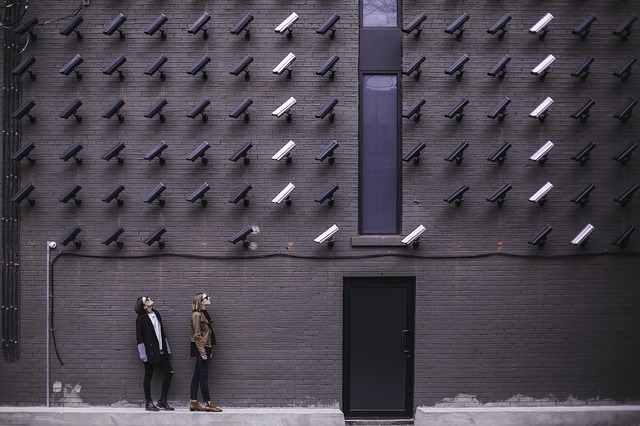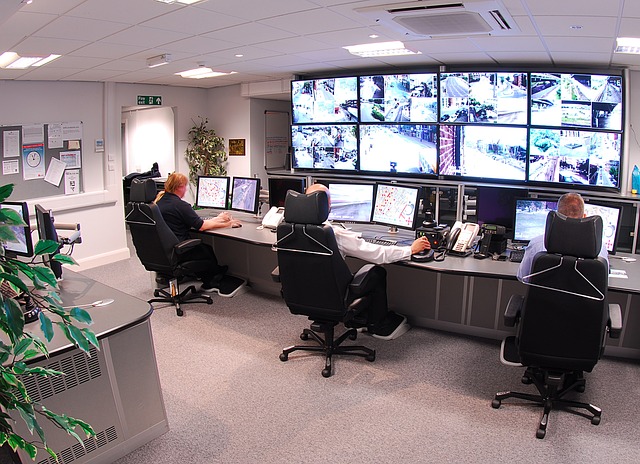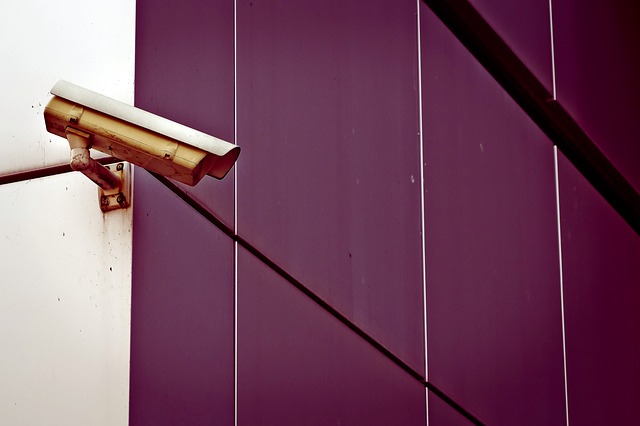
At present, many companies want to strengthen worker control and workplace safety measures.
However, the
installation of video surveillance cameras requires
compliance with the manual developed by the Spanish Agency for Data Protection (AEPD).
In this post, we analyze some legal aspects about the use of video surveillance in work environments, to know in cases where workers can claim the defense of their rights.
Is video surveillance of workers in the workplace legal?

The manual of the Spanish Agency for Data Protection (AEPD) explains the most frequent doubts that usually arise for the implementation of surveillance cameras in the work environment.
However, the video surveillance regulations have still left a lot of gaps in this regard. A function, which the Spanish courts are responsible for resolving, in each case conreto.
Video surveillance of workers according to the Supreme Court
The Plenary of the Constitutional Court published a ruling dated March 3, 2016 that resolves some doubts about video surveillance in the LOPD.
In it, the need for the consent of the workers for the video surveillance of the ownersis established, unless there is a legally established authorization so that these data can be treated without the aforementioned consent.
In this sense, constitutional Court Judgment 292/2000,of 30 November, mentioned that the legislator was competent to determine when that right is being fulfilled or may justify the restriction of the fundamental right of users to the protection of personal data.
Also, the legislator is the one who must establish the circumstances in which the right to data protection can be limited, and when not.
In turn, it must be carried out through precise rules that make it foreseeable, to whoever is interested, the imposition of this limitation, as well as the consequences it will have.
In the same way, the sentence also highlights that it is mandatory to inform the employee that cameras are working in the workplace,according to video surveillance in the LOPD.
According to article 5 of the Organic Law on Data Protection (LOPD),although consent is not needed, some in the cases that the law indicates there is still a duty of information.
It is necessary that the worker knows the situation, since this knowledge will be the one that allows him to exercise his ARCO rights (access, rectification, cancellation and opposition) at any time he wishes.
Likewise, you must be aware of the address of the person responsible or the representative of the processing of personal data.
The processing of data files: what are the obligations of the collection and processing of images?

Companies that wish to install a
video surveillance system for workers must
create files or store all the information collected by the cameras.
To do this, these companies have to comply with a series of requirements that are implemented in the regulations on Data Protection.
In addition, the State Data Protection Agency (AEPD) points out the following requirements, as the most important:
Creation of files on the video surveillance of workers: Main requirements
- Registration of files with the General Registry of Data Protection. In addition, data security should be prioritized.
- Workers’ personal information must be obtained in a lawful and legitimate manner. They should therefore be treated in proportion to the purpose for which they were collected.
- The duty to keep secret and the duty to provide information. In this way, it is guaranteed both that security and secrecy are complied with, and that the rights holders know the data collection.
- Workers must give consent for their data to be processed.
- Special attention to the rights of users. As has been said, the exercise of ARCO rights must be facilitated, in addition to being guaranteed.
Can audio be recorded in the work environment?
Although video surveillance regulations as well as jurisprudence have become clear, audio recording creates a greater number of controversies.
First, Article 20 of the Workers’ Statute provides that the employer may take such measures as he deems appropriate for surveillance and control.
In this way, it will be possible to verify that the duties and obligations of the worker are fulfilled.
The AEPD has indicated that audio recordings could be legal. However, for this purpose, there must be a proportional relationship between the purpose and the processing of the data.
In addition, as with theimages, the owners must be informed of the audios and the storage of the same in the files. In turn, such storage must be limited within a period of time.
conclusion
In the event that it is considered that the installation of video surveillance cameras does not comply with the requirements of the regulations on data protection or there are not sufficient control measures, workers may consult their labor rights.
It has the professional advisors of AYCE Laborytax. Whether you are an entrepreneur who does not know if you are doing a good treatment of video surveillance in the work environment, or if you are an employee and believe that your rights are being violated; ask for our specialized advice.








